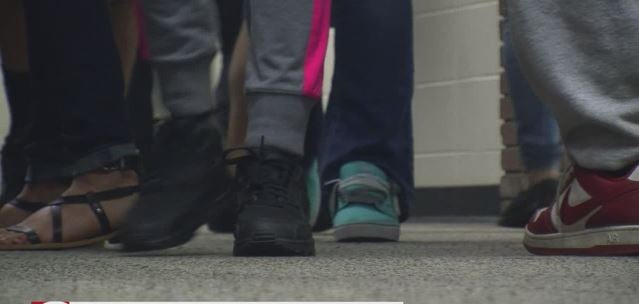Preventing inappropriate relationships between teachers and students
INDIANAPOLIS (WISH) – Authorities are investigating several separate cases of alleged inappropriate relationships between teachers and students.
Just this month investigations have been launched at Indianapolis Public Schools, Franklin Township Schools, and Tipton Schools.
Experts say it appears these types of cases are being reported more now than they were in the past, as there is an increased awareness about this type of crime.
They say there are still things you can do at home to keep your kids safe. It starts with just talking to your child.
“Having talks with your children early and often about boundaries about communicating with people on social media,” said Sandy Runkle, director of programs at Prevent Child Abuse Indiana.
She says technology, texting, and social media is making it easier for adults to commit these types of crimes and often it can start as a seemingly innocent message.
“Sometimes you know we will find that perpetrators will start to do that as sort of a grooming process to sort of desensitize the child,” said Runkle.
Those messages can turn into much more, including inappropriate conversations or plans to meet up.
A licensed mental health counselor at Community Health Network says when that happens it can have lasting impacts on the child.
“It can forever cloud their judgment on who can they be attracted to, who can they trust, how do they know if someone is telling them the truth and being transparent and appropriate,” said Kimble Richardson, licensed mental health counselor at Community Health Network.
Richardson said warning signs of an inappropriate relationship can include children who talk about a certain adult a lot, children who start receiving gifts, children who become defensive of a certain adult, or kids who become withdrawn and depressed.
“I think it is important for parents to talk very openly with their kids about what they think appropriate relationships are, if somebody is crossing a boundary who they can go and talk to,” said Richardson.
He said these are important conversations to have, even if your child is almost done with high school.
“I think what is important for parents to remember is that children’s brains don’t stop developing until around mid-20s, so even if they want to have a lot more independence and feel like they are an adult and grown and can make their own decisions, emotionally they are still developing, cognitively still developing, that’s why it is important for parents to help guide their child,” said Richardson.
